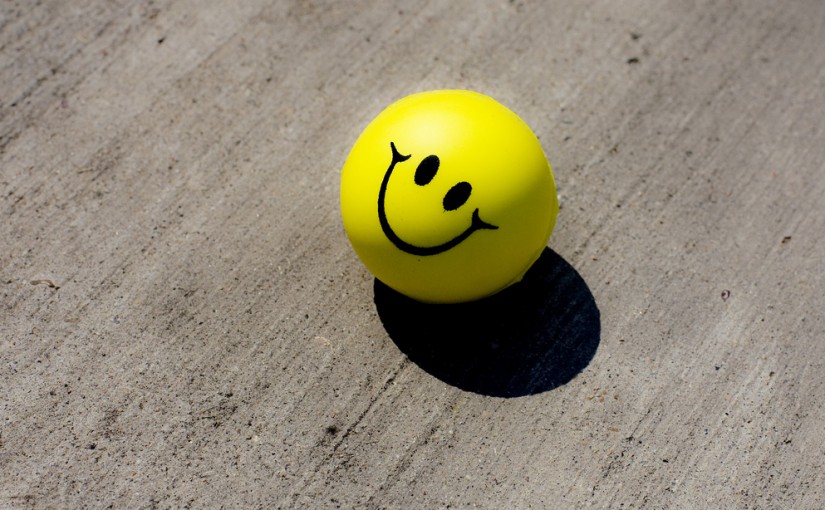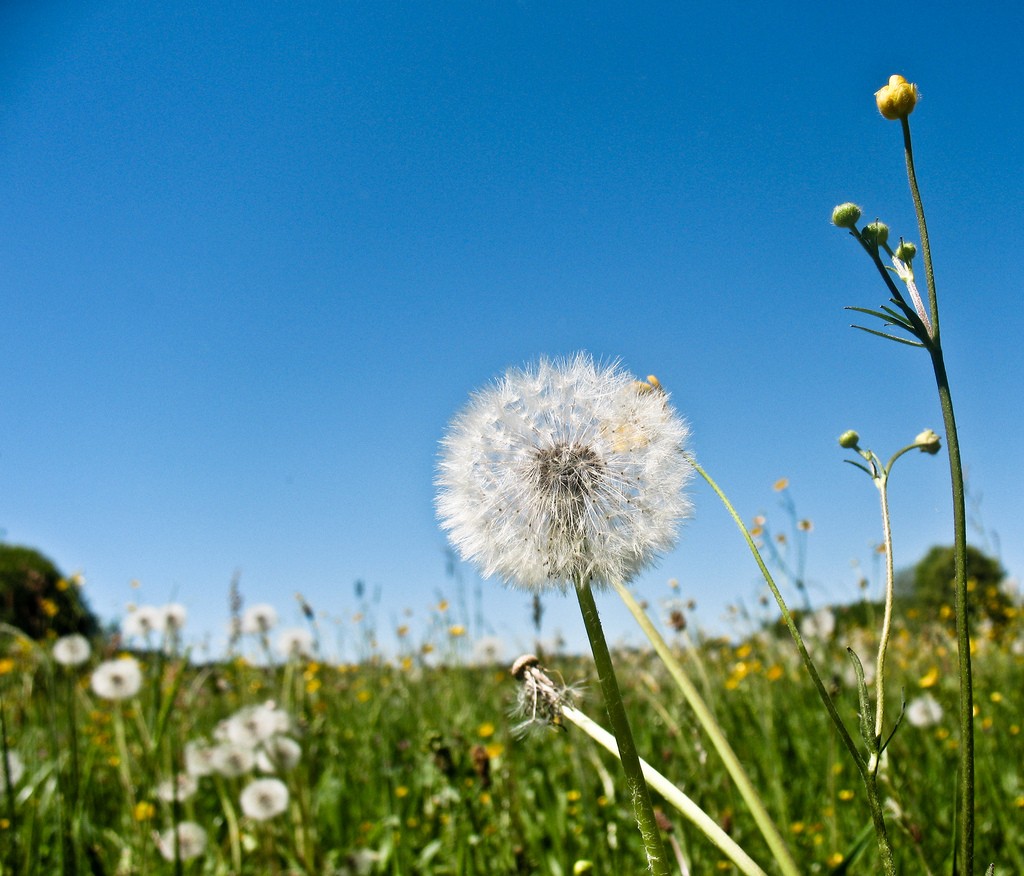Christmas is coming. This is an undeniable fact, and just like every year before, it’s going to come whether you are ready for it or not. This year, why not try being prepared for the holiday season? This is a time of year which overwhelms even the steadiest of people, and it’s no wonder that depression and anxiety rates rise from the time between Halloween and the New Year. But – there is great news! It doesn’t have to be this way.
Follow these simple tips and you are sure to have a stress-free holiday that you can enjoy.
Start Early
There are tons of Christmas activities you can take care of early in the season. For example, pick up a box of cheap, pre-season holiday cards (even better if you can snag them in the summer!) and start writing them early. You don’t have to mail them so soon, but keep them tucked away where they won’t get lost or destroyed in any way, and you’ll have them ready to drop off at the post office on a moment’s notice when the time comes.
You can also get your holiday shopping done early. Make a list of everyone you need to buy for, and get started in October if you can! The sooner you get your shopping taken care of, the easier your holiday season burden will immediately become – you won’t have to rush out to the stores during the holiday shopping madness, and you will have more time to devote to other projects as well. It is also wise to take advantage of online shopping opportunities. You can ease the shopping burden even more by making many of your purchases online!
Make a Plan
No task seems quite as overwhelming when you have a solid plan for taking care of it. Before Thanksgiving, give yourself an hour or two to sit down and make a plan for how to handle your holiday season. Map out the dates and times when you are going to cook major dishes such as turkey or ham, when you want to prepare Christmas goodies like fudge or party mix, what day is best for wrapping presents, and more. Schedule holiday parties or get-togethers you have committed to, and most importantly, write in time for yourself! You do not need to spend every waking moment working on Christmas activities. Whenever possible, give yourself time to soak in a bubble bath, enjoy a quiet cup of tea, read a book, or watch your favorite show.
It’s also important to make lists that can help you with each individual step of your holiday planning as well. For example, you might say, “On December 5th, wrap presents.” But when December 5th rolls around, what if you’ve forgotten what you bought for everyone? Make a list to help you on gift-wrapping day by noting who gets which gifts, and which paper to use (This might not matter, but some people are particular about not using children’s wrapping paper on gifts for their grandmother). Alternatively, you may be devoting December 10th to cooking, but what will you cook on that date? Make a list of what you plan to prepare on cooking days, and then make an ingredient shopping list too! Work backwards to ensure that you achieve all of your steps successfully.
Don’t Be Afraid to Back Out
Last but certainly not least, don’t be afraid to back out of something or to tell someone no. Of course, you cannot get out of everything at the holidays, but you are bound to enjoy attending a few parties more, than you will enjoy spreading yourself thin over dozens of get-togethers. Come up with a solid excuse ahead of time, so you won’t feel too nervous getting out of an event you don’t want to deal with. And if you are at a party and feel like you need to leave – whether it is to get some time to yourself or to get back to work on something else – there is no harm in pretending to get an important phone call!
In a similar vein, it is important to set a specific date on which your Christmas work and preparations are going to stop. You might say that on the 20th, you are finished with going to parties, cooking food, wrapping gifts, and shopping. If you choose a date like this, stick to it! Don’t arrive on the end date and suddenly say you have a few more things to bake, for example. You need to let yourself know that there will be an end to all the madness, and that you are going to have time to relax and enjoy the rest of the holiday season when it is all said and done.
Take a deep breath. Are you ready? Christmas is on its way, and with these tips, you can be easily prepared for whatever the holiday season brings. Most importantly, try to have fun and enjoy your time. Happy holidays!



